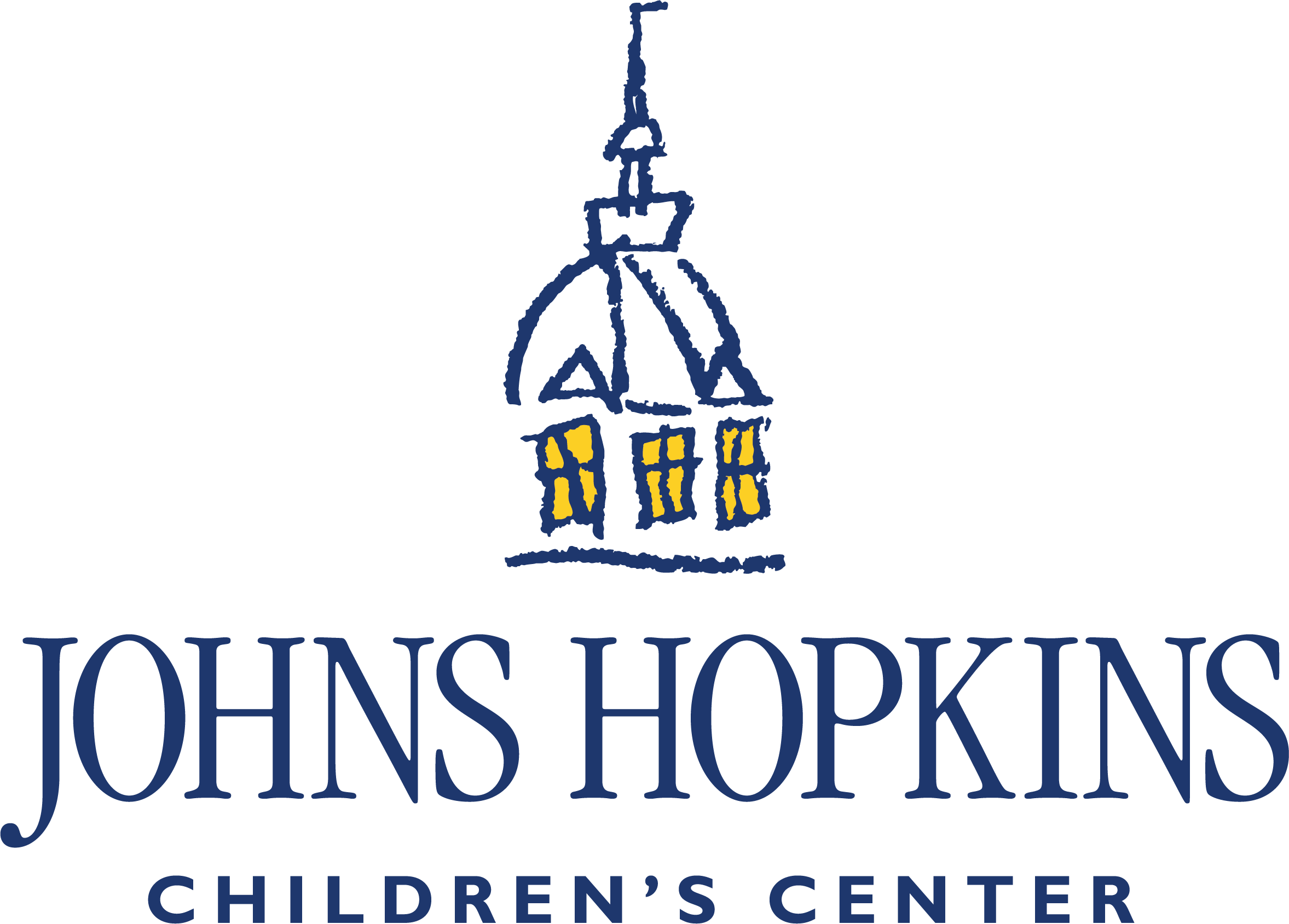-
Glenn Wetzel, MD PhD

- Director, Pediatric Interventional Electrophysiology
Expertise: Pediatric Electrophysiology
Pediatric Electrophysiology: Treating Complex Arrhythmias

Our pediatric electrophysiology (EP) team at the Blalock-Taussig-Thomas Pediatric and Congenital Heart Center provides comprehensive heart rhythm care for infants, children, adolescents and adults born with heart disease.
We are experts in the management of all heart rhythm-related conditions that can lead to sudden cardiac arrest.
Contact Us
Schedule an Appointment
International Patients
Prepare for Your Child's Visit
Conditions We Treat
How We Diagnose Pediatric Arrhythmias
Not all arrhythmias are harmful. But it is essential to identify the ones that could affect your child’s health, safety or well-being. We can assess your child’s heart rhythms through:
- Electrocardiogram (EKG)
- Holter and event monitoring electrophysiology studies
- Implantable loop recorders
- Advanced mapping diagnostic techniques, including low-radiation fluoroscopy.
How We Can Treat Your Child for Arrhythmias
-
In some situations, medicine can help control symptoms of an arrhythmia, prevent episodes, or make those occurrences shorter and less intense. For drug therapy, your child might need regular blood tests to make sure medication levels are safe and effective.
-
Some types of arrhythmia are due to problems with the electrical impulses that activate the heart’s muscle tissue. For some of these heart rhythm disorders, a technique called radiofrequency ablation (RFA) can be a lasting way to treat the problem.
Using small, flexible tubes called catheters, doctors guide delicate instruments through a blood vessel to the right location in the heart. The doctor applies heat to the precise spots in the heart that are causing the arrhythmia. Another technique, called cryoablation, uses targeted cold to freeze the lesions.
Many of the children we treat with RFA or cryoablation can go home the same day as their procedure, and return to their normal activities in about a week.
-
If your child’s complex heart rhythm calls for a device inside the body, we can offer excellent care. The Blalock-Taussig-Thomas Pediatric and Congenital Heart Center has expertise in the newest pacemakers and defibrillators, and experience in using them to help children. Our device implant techniques can often avoid a larger surgery and can be done with less scarring.
If the diagnosis indicates a pacemaker may be necessary, a nurse who specializes in pacemakers can talk directly to your child about what to expect.
Monitoring Your Child’s Pacemaker or Implanted Cardiac Device
Through remote monitoring, our team can receive important clinical information from your child’s device, including changes in functioning, while your child remains home. This monitoring can detect subtle heart rhythm changes in your child even when he or she doesn’t feel them, and initiate treatment promptly if it is necessary.
Remote monitoring can also add convenience for your family by reducing the number of in-person follow-ups at the hospital.
Minimizing Pacemaker ScarsAlthough effective therapy is our first priority, we also take a cosmetically conscious approach, working with you and your child so that our therapies have minimal impact on your child’s appearance and self-confidence. If your child has already received a pacemaker and is concerned about scarring after surgery, we offer scar revision to minimize the scar’s appearance.
Inherited Arrhythmias and Sudden Death
Some arrhythmia conditions are inherited, and can affect entire families. At the Blalock-Taussig-Thomas Center, adult and pediatric electrophysiologists work together to care for families with inherited cardiac arrhythmia syndromes such as:
- Long QT syndrome
- Brugada syndrome
- CPVT
- Arrhythmogenic right ventricular cardiomyopathy (ARVC)
- NKX2.5 and others
Specialists at our dedicated Familial Arrhythmia Clinic can see adult and child members of the same family on one day and at one location, making it easier for you if you live far away. The Familial Arrhythmia team includes specialized cardiac genetic counselors who can help you through the diagnosis of cardiac genetic conditions, and help you understand what they mean for you and your loved ones.
If you are pregnant and have had inborn heart problems affecting anyone in your family, we can coordinate genetic testing through Johns Hopkins’ Prenatal Diagnosis and Treatment Center to help you and your doctor understand any risk to your unborn baby.Meet the Experts in Children's Arrhythmia
Why Choose the Blalock-Taussig-Thomas Pediatric and Congenital Heart Center
Expertise.

The latest approaches, informed by science.

Family-centered arrhythmia care.

An approach that supports your child’s total well-being.




